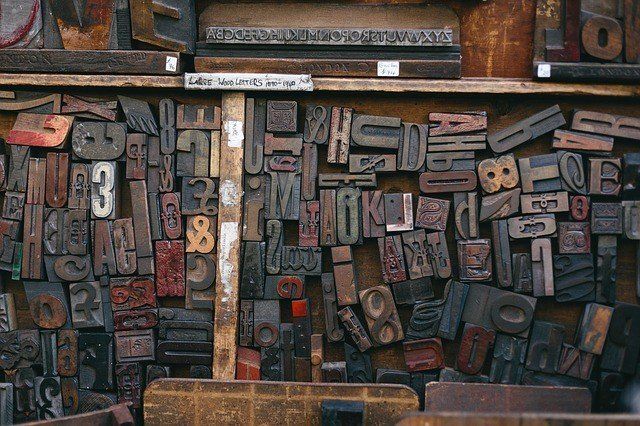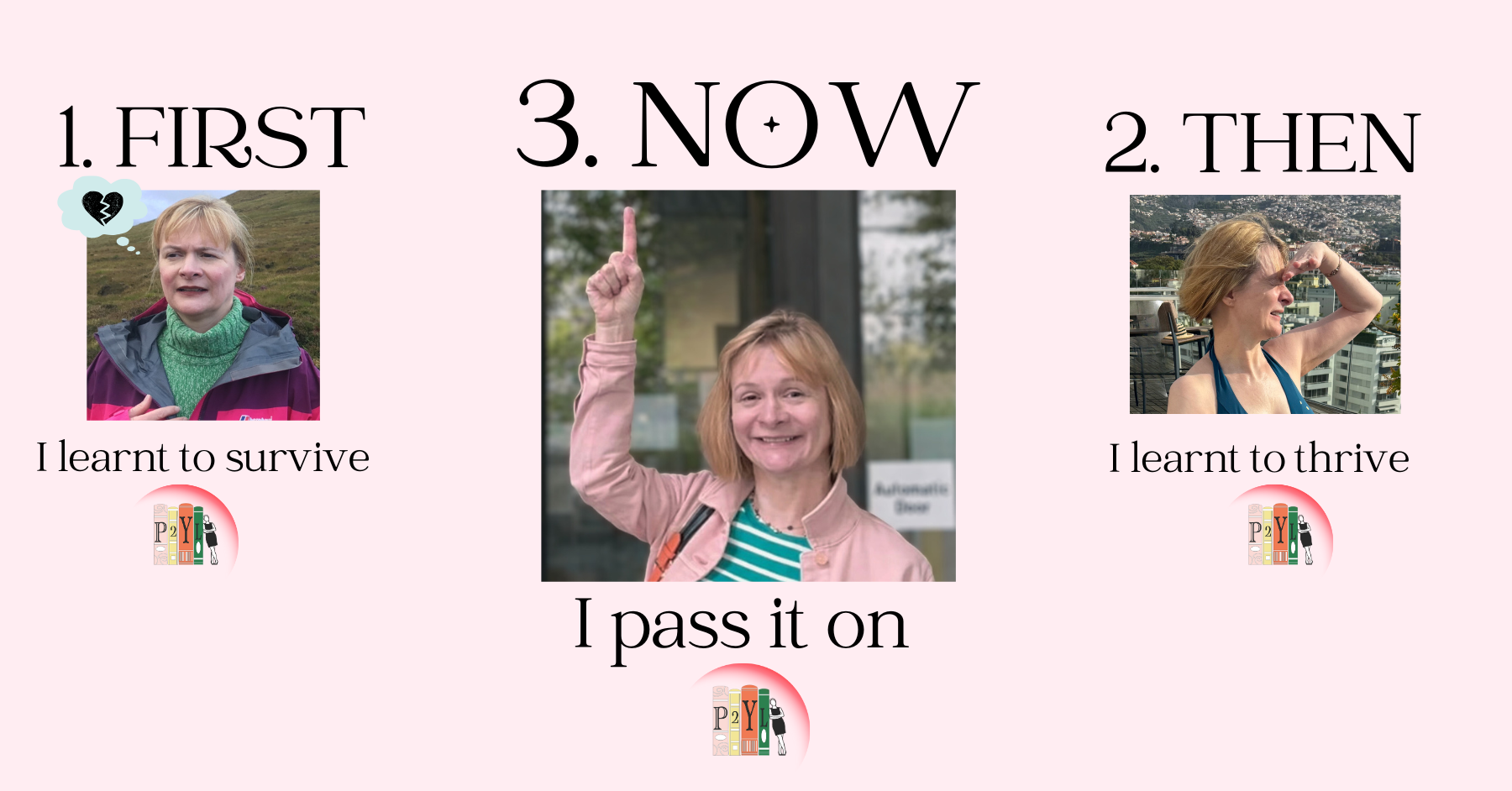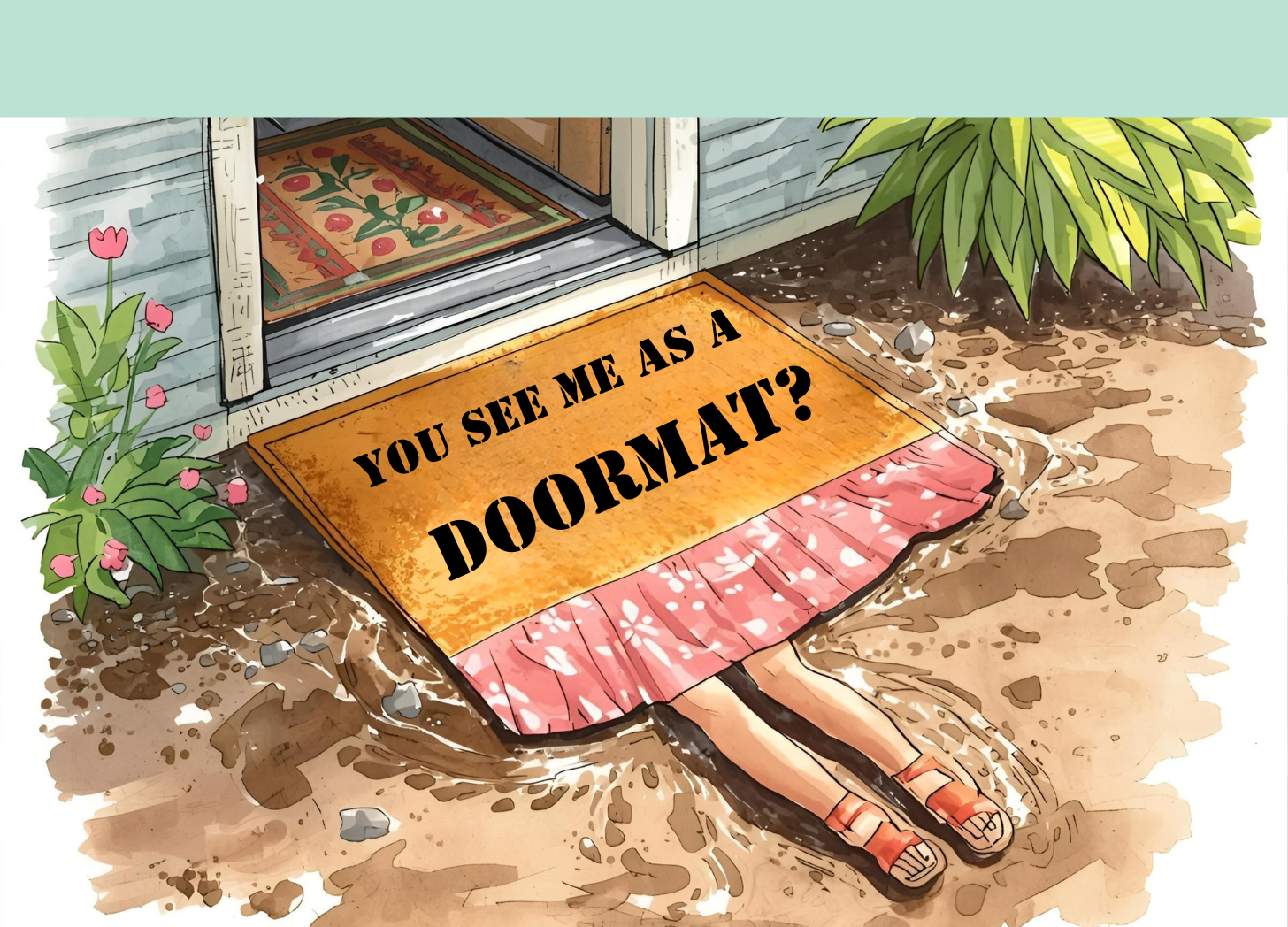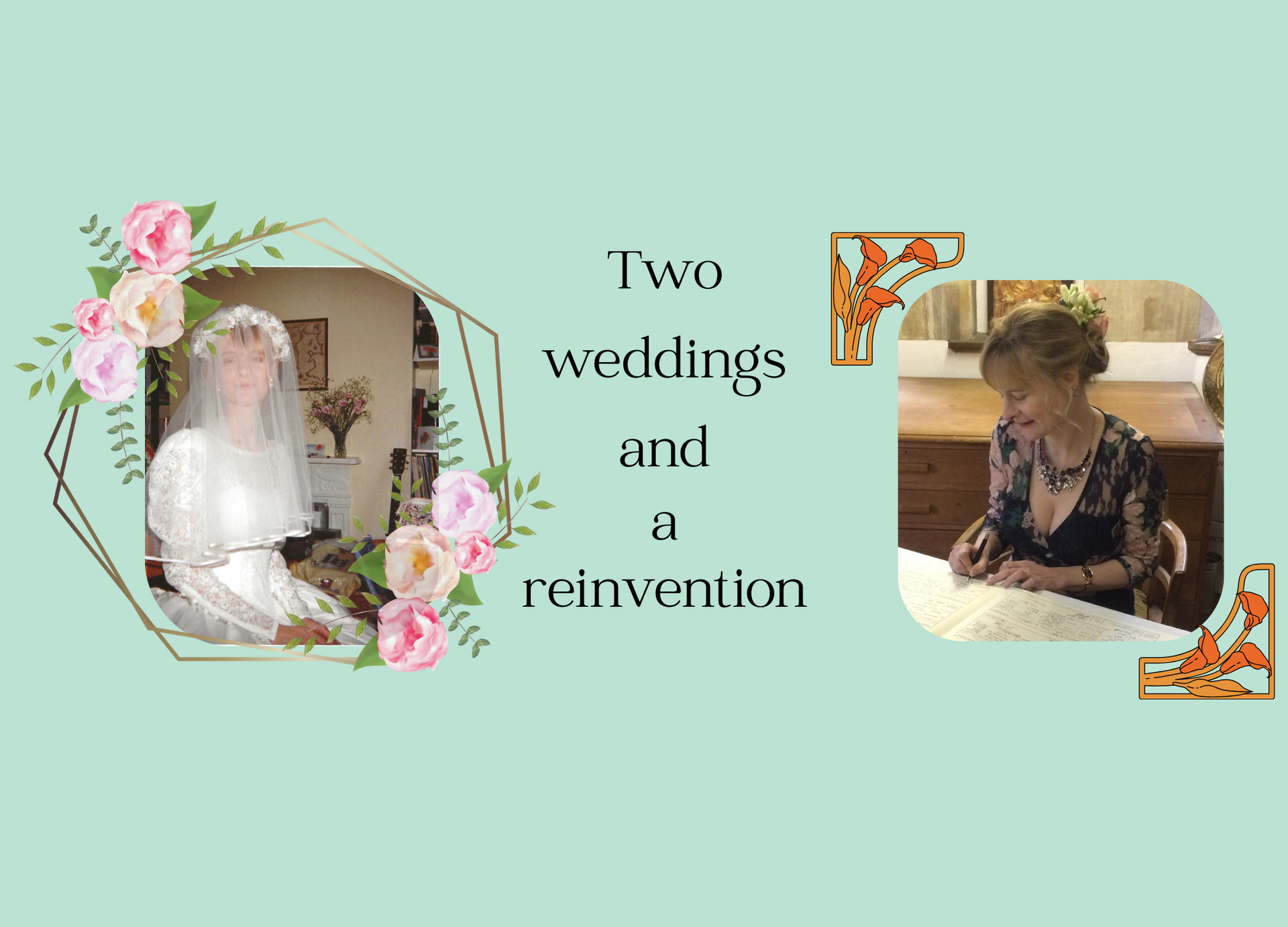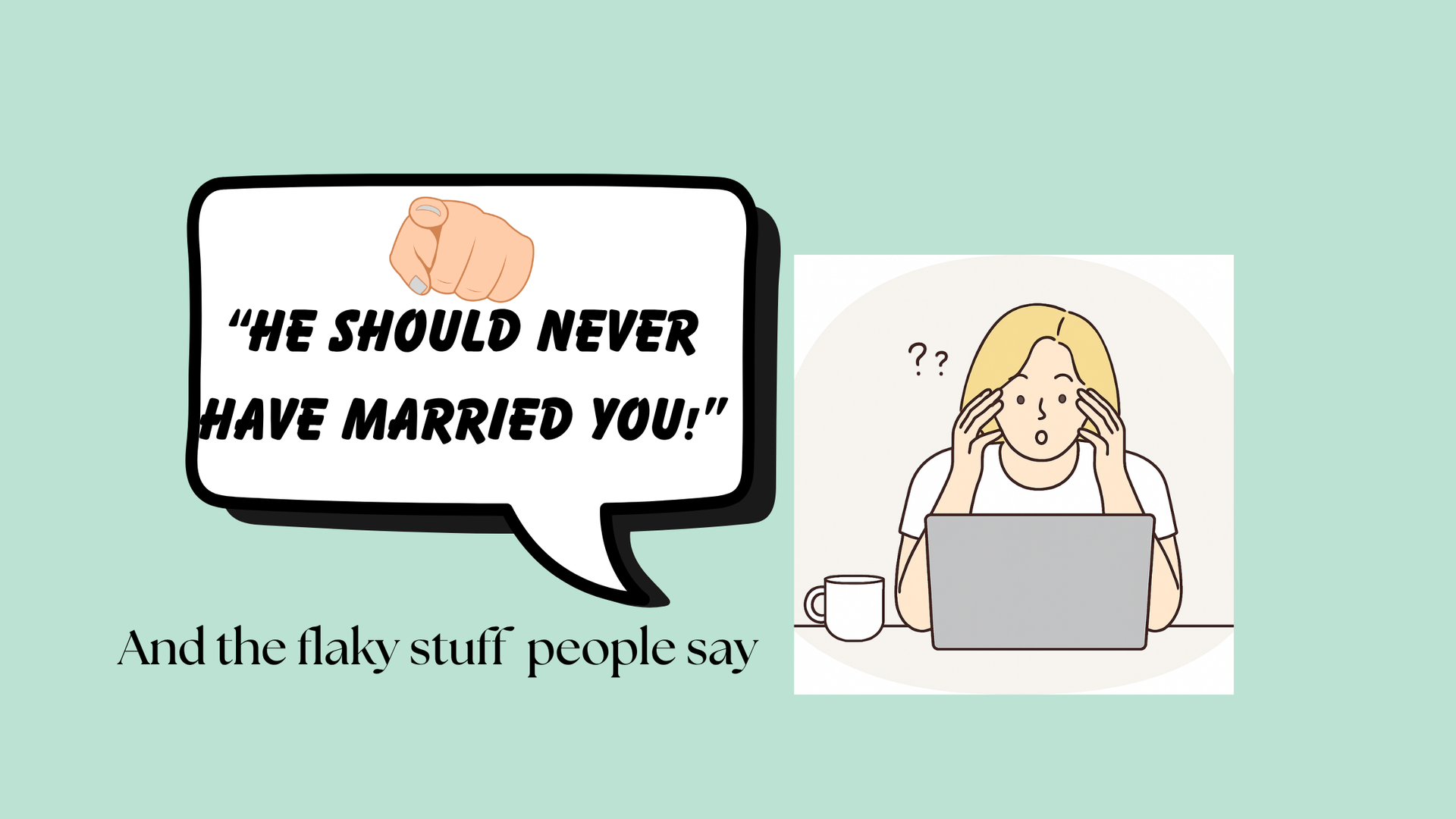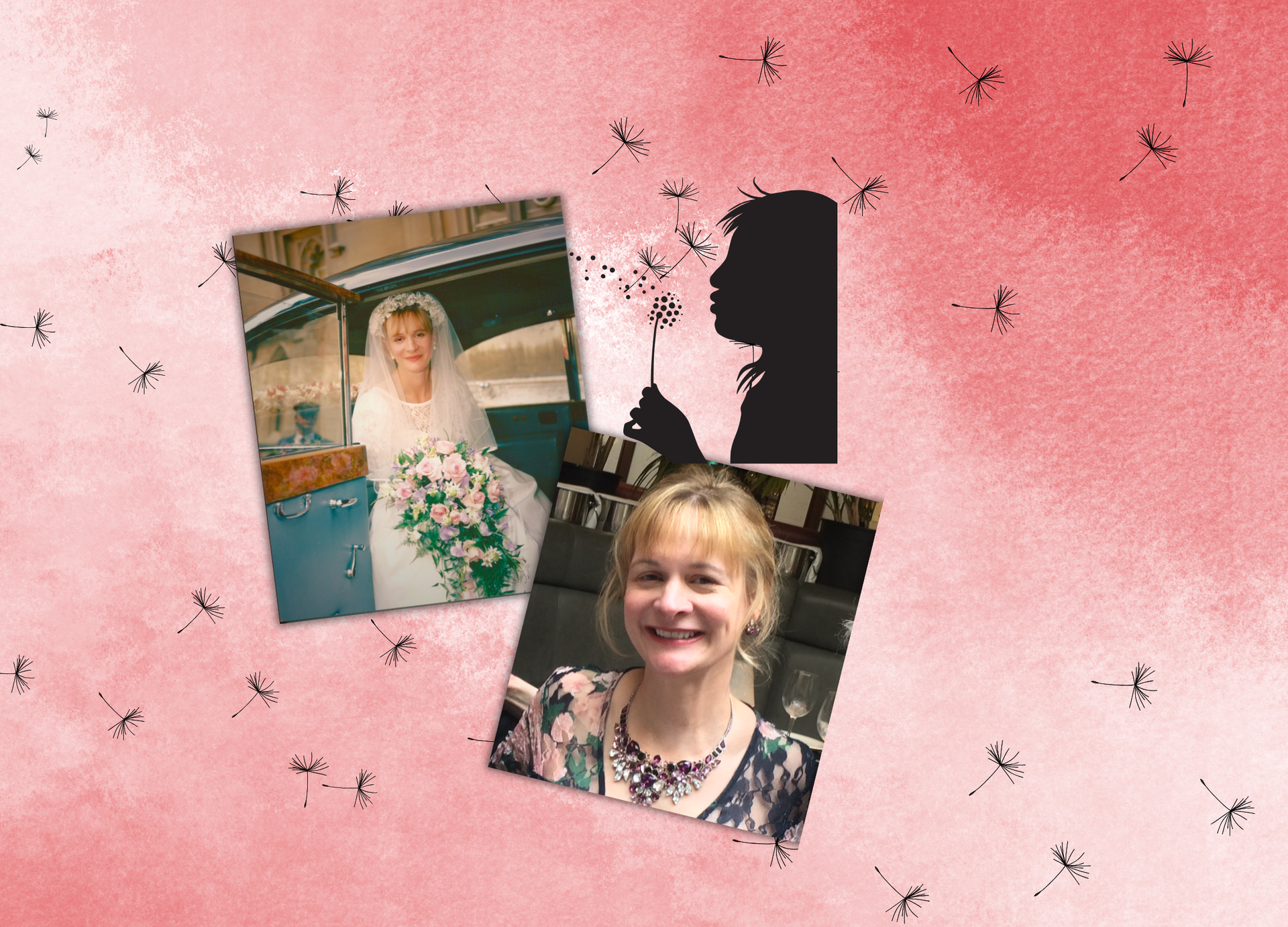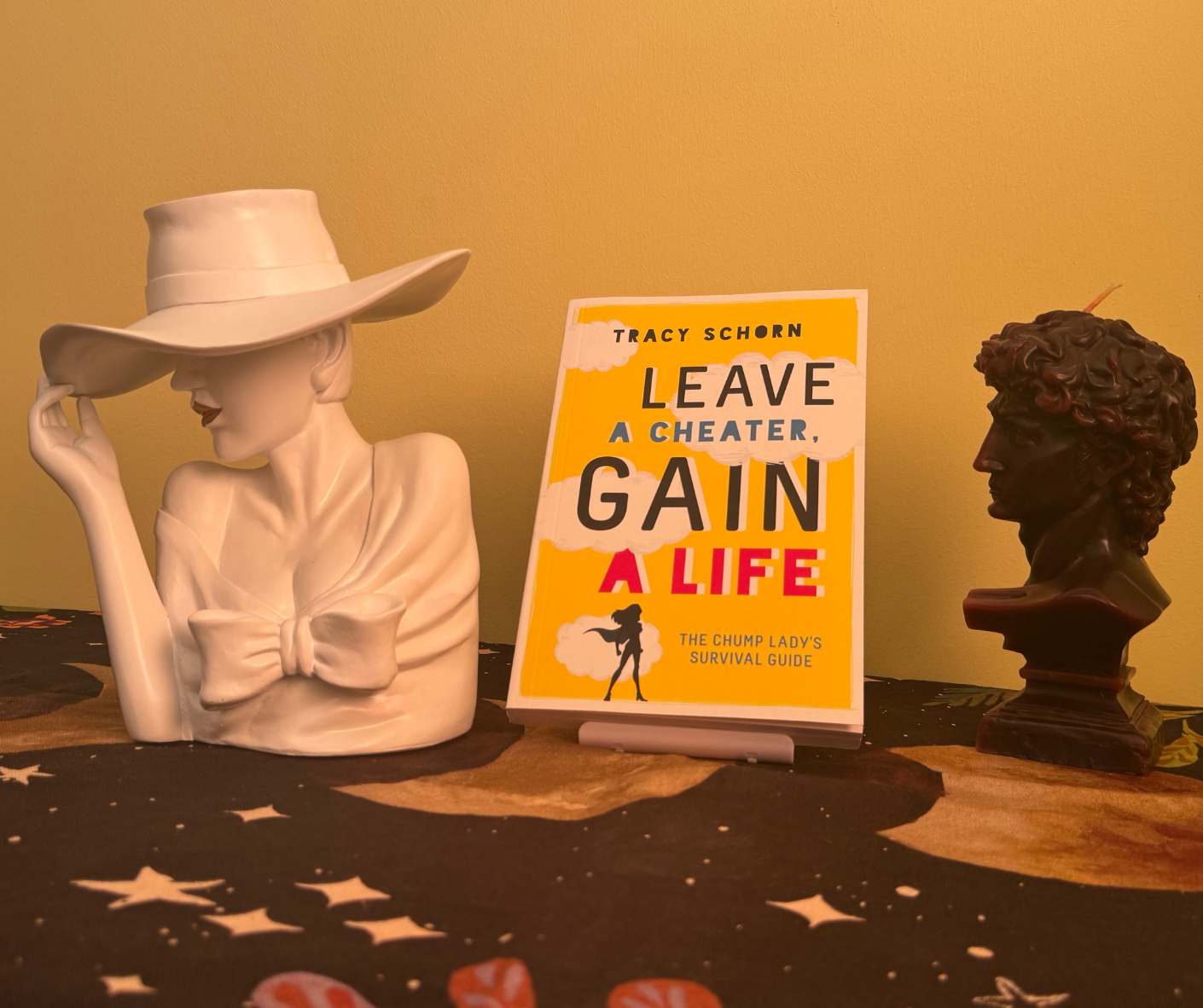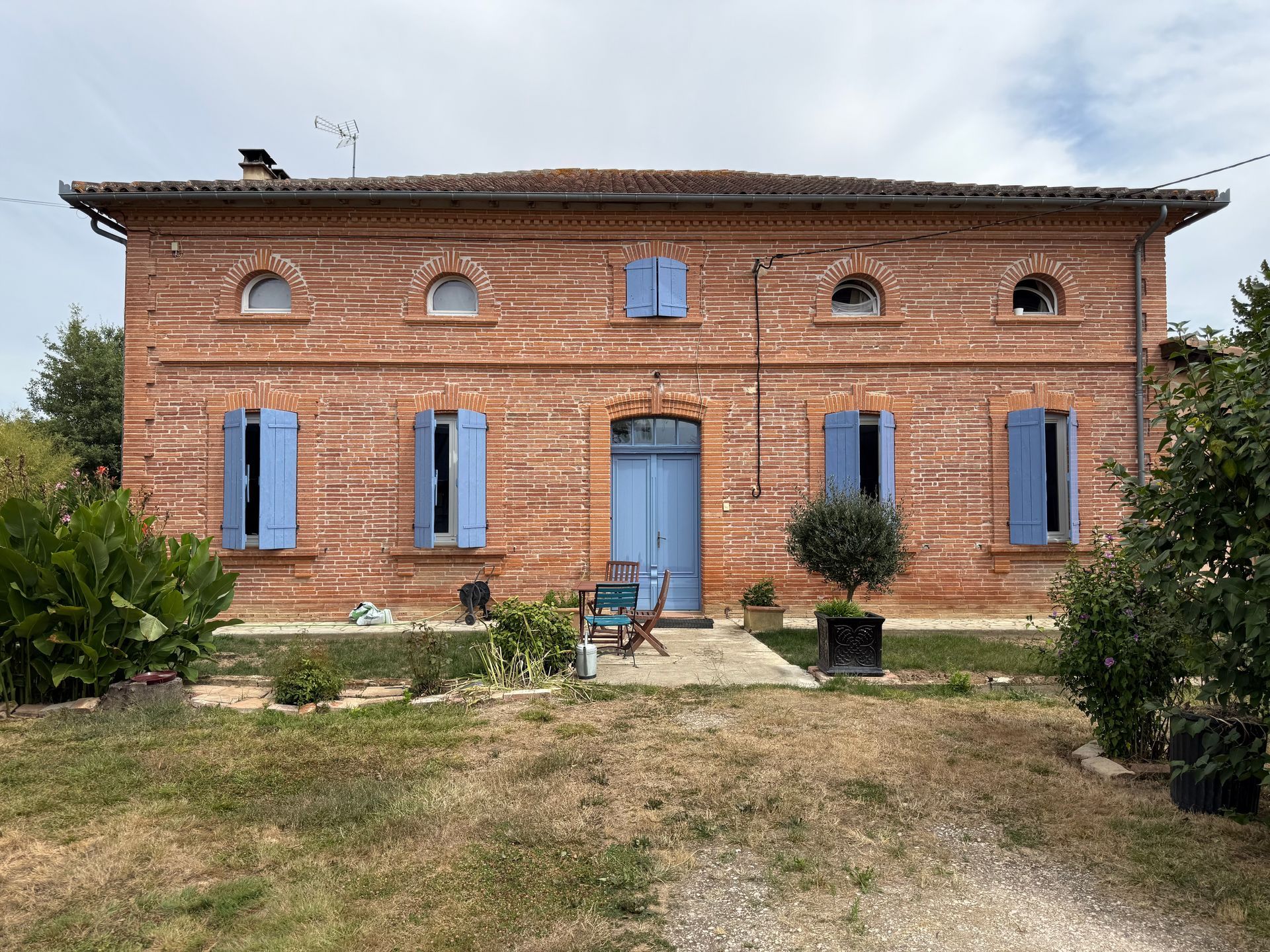
Seven English expressions disappearing from a conversation near you
No.
No, I don’t mean ‘No’, I mean ‘No.’ You know? Latin abbreviation for ‘numero’, which was until recently used in written English to mean ‘number’? Now it’s dying out, superseded by #, that grey squirrel of the typographical world, thanks to Twitter and Instagram, and all those numbered listicles you get online. To my mind # is such an ugly character, resembling #thing so much as a wonky ladder or prison window. Yet how long before our PM lives at ‘#10 Downing Street’?
Arise
Not that long ago if you were clever or just lucky you got a pay rise, not a pay raise. Is it my imagination or were there even TV comedy sketches featuring Glenda Jackson as Elizabeth I knighting Ernie Wise as Walter Raleigh: ‘Arise, Sir Walter!’ ‘Thank you, Your Majesty. How much?’
What I find unnerving is just how quickly and unconsciously the change from ‘rise’ to ‘raise’ has taken place. Someone I know who is articulate, intelligent, and old enough to know better had completely forgotten that until recently we used to say ‘rise’, not ‘raise’ and didn't believe me when I told him. A bit like that chilling moment in 1984 when Winston realises with a shiver that even Julia, his fellow rebel against The Party, hasn’t noticed that only a few years in the past Oceania’s enemy was Eastasia, not Eurasia. The power of brainwashing.
Well…
A TV consumer affairs programme in the 1970s called That’s Life! did a serious investigative report into how often TV presenters started their sentences with ‘Well,’ and came to the sporting conclusion that That’s Life! was the worst offender.
Listen to a podcast or YouTube presentation today and ‘Well,’ has disappeared down a deep, dark one in favour of the ubiquitous ‘So...'.
To be fair people have always padded out their sentences with meaningless fillers and intros. I have read transcripts of people speaking in the late 1890s or early 1900s and every other sentence begins with ‘Why,’ as in, ‘Why, when my father was alive we used to polish the coal in the fireplace regularly.'
Then the great phonetic Well Shift came along and the Whypeople probably felt as left behind as I do now, knowing that when I begin my speech with ‘Well…,’ it’s a signifier I’ve failed to keep up — again.
Fill in
Aged
seventeen and applying for university I was told to 'fill in' an application
form. These days you don’t ‘fill in’ a form, you ‘fill out’ a form. To my
mind ‘fill in’ makes sense as you are writing words inside boxes, not outside
them, and certainly your words should be written within the form, not outside
it. Start writing words outside the boxes and all over the place and you
might end up at Swindon Polytechnic (OFSTED report pending) with people called Ryan who have personalities to match. Why take that risk?
Maths
‘You do
the math…’ Purists will say of course that there isn’t a letter ‘s’ straight
after the ‘th’ in ‘mathematics’, so ‘math’ is, in some sterile sense, correct. But as maths involves sums and sums involve
numbers in the plural not the singular, surely ‘maths’ is more fitting?
Anyway, 'math' just sounds lazy and ignorant, a bit like dropping your
aitches.
Far
Using ‘way’ instead of ‘far’ is apparently way cooler and way more modern. But somehow Sydney Carton declaiming, ‘It is a way, way better thing that I do, than I have ever done; it is a way, way better rest that I go to than I have ever known,’ as he lowers his head onto the guillotine in A Tale of Two Cities just doesn’t have the same ring about it for me.
Laying instead of lying
Don’t
get me started on this one. I actually
heard a reporter on that supposed bastion of educated English, the BBC Today
programme,
say, ‘The hostages were laying on the ground.’ Not feeling confident with
Twitter, I wanted to write in and ask her, ‘Laying what? Eggs? Tables?
Rant over. (Or ‘mustn’t grumble’ as British people used to mumble.) Of course the English language evolves and develops, words mutate or disappear, but at least it shows you're awake if you notice.

